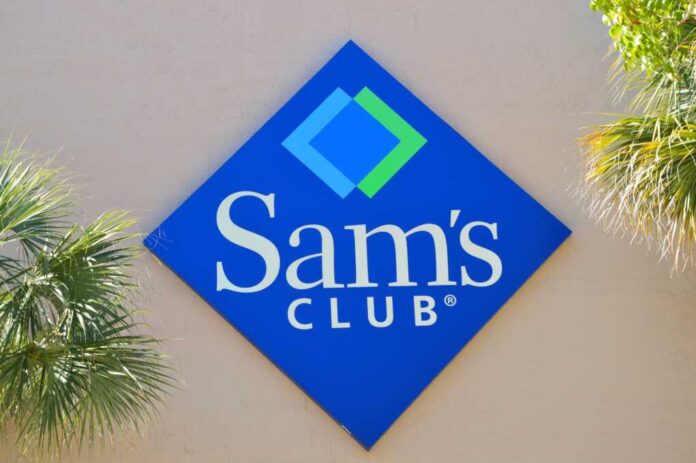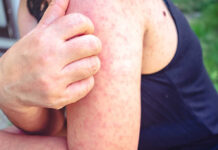
Dangerous bacteria contamination in personal care products sold at Sam’s Club stores nationwide threatens immunocompromised Americans with potentially deadly sepsis infections.
Story Snapshot
- DermaRite Industries recalled contaminated soaps, sanitizers, and hygiene products due to deadly Burkholderia cepacia bacteria
- Sam’s Club stores across multiple states sold the recalled products, putting vulnerable consumers at serious risk
- Immunocompromised individuals face heightened danger of sepsis and life-threatening infections from contaminated items
- FDA oversight raises questions about manufacturing safety standards and regulatory effectiveness
Contaminated Products Pose Serious Health Threat
DermaRite Industries initiated a voluntary nationwide recall in July 2025 after discovering Burkholderia cepacia complex contamination in their personal care products. This dangerous bacterium particularly threatens immunocompromised individuals, elderly Americans, and those with underlying health conditions. The contaminated products include everyday items like hand soaps, sanitizers, deodorants, and shampoos that families across America trusted for basic hygiene needs.
Watch: Hand soaps, cleansers voluntarily recalled due to contamination
Sam’s Club Distribution Amplifies Consumer Exposure
Sam’s Club, owned by Walmart Inc., distributed these contaminated products across multiple locations nationwide, significantly expanding the potential health risk. The retail giant’s vast distribution network means thousands of American families may have unknowingly purchased dangerous products. This highlights concerning gaps in retail safety protocols that allow contaminated items to reach store shelves before proper testing identifies health hazards.
Walmart Recall Update: Risk of Deadly Sepsis from Product Sold in 14 States – Newsweek https://t.co/GAPDYRXYqE
— meta metastart 🗣 (@cmdecato) September 10, 2025
Manufacturing Failures Expose Regulatory Weaknesses
The contamination occurred despite existing FDA oversight and manufacturer quality control measures, revealing systemic failures in product safety protocols. Burkholderia cepacia thrives in moist manufacturing environments and proves difficult to eliminate once established. This incident demonstrates how regulatory bureaucracy may inadequately protect consumers when manufacturers cut corners or fail to implement robust contamination prevention measures in their facilities.
The recall expanded multiple times as additional contaminated product lots were identified, suggesting the initial response was insufficient. No confirmed adverse health outcomes have been publicly reported, though the lack of transparency raises questions about whether health impacts are being properly tracked and disclosed to the public.
Consumer Protection Remains Ongoing Concern
Americans must now scrutinize lot numbers and product details to protect their families from contaminated personal care items. This burden shifts responsibility from manufacturers and regulators to individual consumers who shouldn’t need to become product safety experts. The incident underscores the importance of robust manufacturing standards and effective government oversight that actually prevents contaminated products from reaching American families rather than responding after widespread distribution occurs.
This recall serves as a stark reminder that even basic hygiene products require vigilant safety measures to protect vulnerable populations from preventable health risks.
Sources:
DermaRite Recall Michigan Sam’s Club
FDA – DermaRite Industries Expands Voluntary Nationwide Recall Due to Potential Burkholderia Cepacia
DermaRite Expands Voluntary Nationwide Recall
FDA – DermaRite Industries Issues Voluntary Nationwide Recall
DermaRite Expands Recall of Creams and Sanitizers Over Infection Risk


















